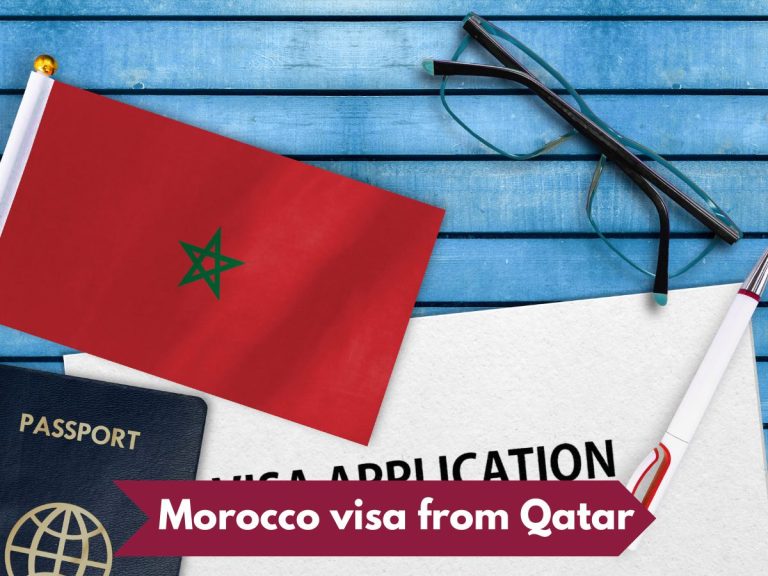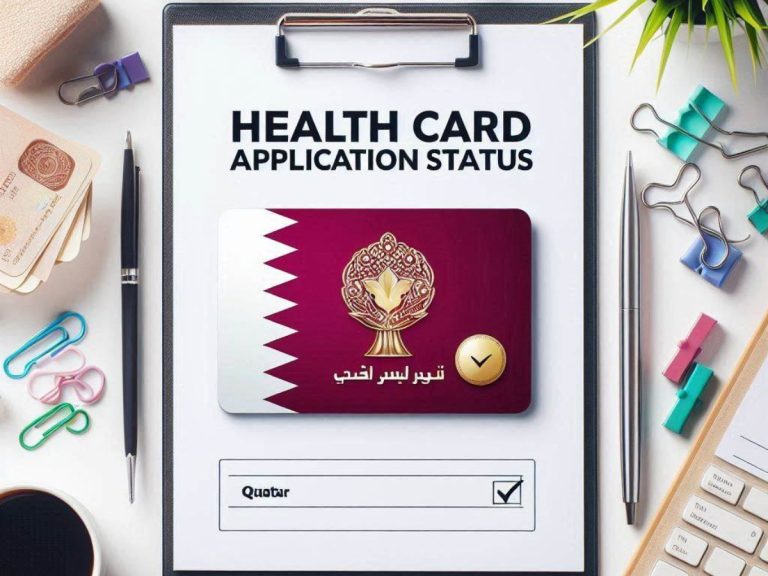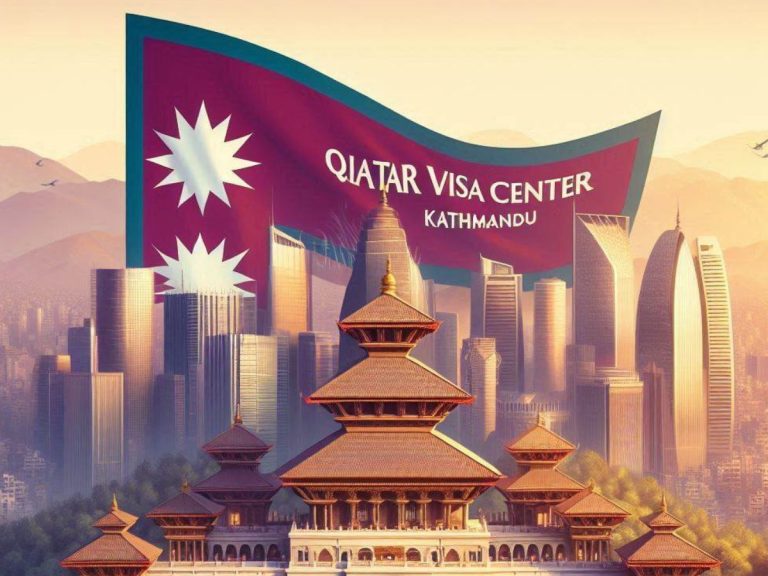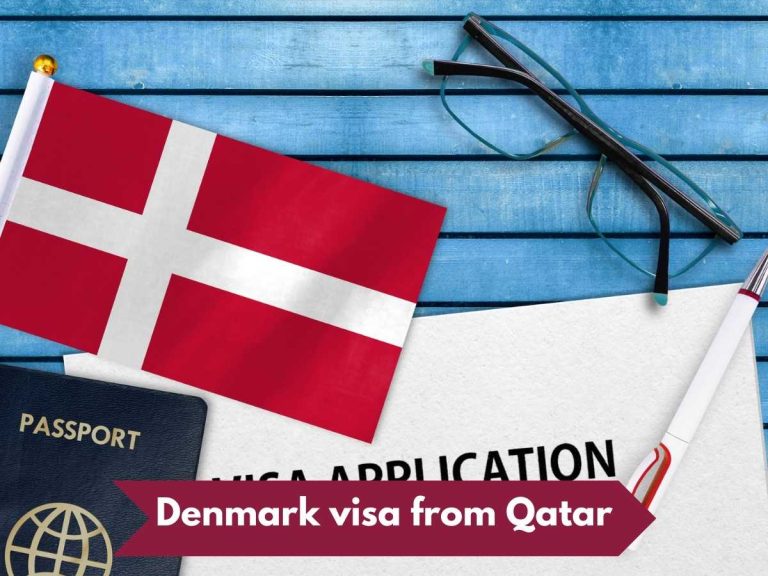Rules for Legalizing Marriage in Georgia for Filipinos
Official marriage is a significant event for a loving couple, marking the beginning of true family life. To organize the celebration, newlyweds choose interesting places around the world. A wedding in Georgia is an unforgettable event. Picturesque nature, majestic architecture, hospitable people, captivating folk traditions, delicious cuisine, and unique beverages are just some of the advantages for those getting married.
Marriage registration in Sakartvelo is available not only to citizens of the country but also to foreigners. Filipinos often choose to organize a Georgian wedding – and for good reason. Let’s discuss all the nuances, advantages, and the procedure for citizens of the Philippines.
Legal Aspects
Georgian legislation has no restrictions on registering marriages between foreigners. The marriage procedure is simplified. Both Georgia and the Philippines are signatories to the Hague Apostille Convention, so newly married couples will not have to bother with the complex and lengthy process of consular legalization for their marriage certificate. The apostille process can be entrusted to Georgian companies specializing in this field or handled independently by contacting the Ministry of Justice.
Advantages of getting married in Georgia:
- Low cost
- Minimal number of required documents
- Simplified marriage registration procedure
- Fast processing
- Issuance of a legal certificate recognized in the Philippines and other countries participating in the 1961 Hague Convention.
Marriage in Georgia: Preparing for the Trip
If you decide to get married in Sakartvelo, serious preparation is required. Filipinos need an e-Visa to enter the country. The application for it is submitted online. The application form requires passport and personal data, uploading of necessary documents, and payment of the visa fee. After review, if approved, the applicant receives the visa in a specific digital format (usually PDF) to the specified email address. Take a printed copy of it with you on your trip.
Required Documents
For marriage registration, foreigners only need the international passports of the newlyweds. If the future spouses have the same surname, proof of no kinship between them may be required: birth certificates, previous marriage certificates, etc. Georgian civil registry offices do not require certificates of marital status.
Possible Difficulties
Same-sex marriages are not registered in Georgia. Also, relationships between minors (under 18) are not officially recognized. The Philippines is a country where divorce is practically impossible. A very troublesome and costly option is the annulment of marriage. If one of the partners is already married under the laws of their country, this is considered an attempt at bigamy and is an impediment to registration in Georgia.
Wedding Organization Features
Filipino newlyweds can choose one of several marriage options. For marriage registration without a ceremony, they need to visit the general public services hall of the House of Justice in one of the chosen major cities of the country. A specialist will simply formalize the marriage as a legal fact: without solemn speeches or an exchange of rings. The spouses will receive a document confirming their official marital status.
If citizens of the Philippines wish to have a solemn wedding ceremony, they need to submit an application to a Georgian civil registry office (Wedding Palace). Such an event takes place in a touching atmosphere, with music, champagne, and small gifts for the couple. It is necessary to inform the staff in advance about the need for the ceremony to be conducted in English or Russian. Off-site registration at any location is also possible. This is done after the marriage has already been officially registered.
Organizing a wedding in Georgia is an excellent option for Filipinos. The celebration will be financially advantageous, procedurally simple, and filled with pleasant emotions and impressions. The couple will receive an official marriage certificate, which, after apostille, will be accepted in the Philippines and many other countries worldwide as a legal document.

Ammara Abdullah is an experienced writer and editor specializing in technology and digital trends. With over 5 years of experience, she produces insightful articles on emerging tech, consumer electronics, and digital culture. Ammara holds a degree in journalism and is passionate about making complex topics accessible to readers.






